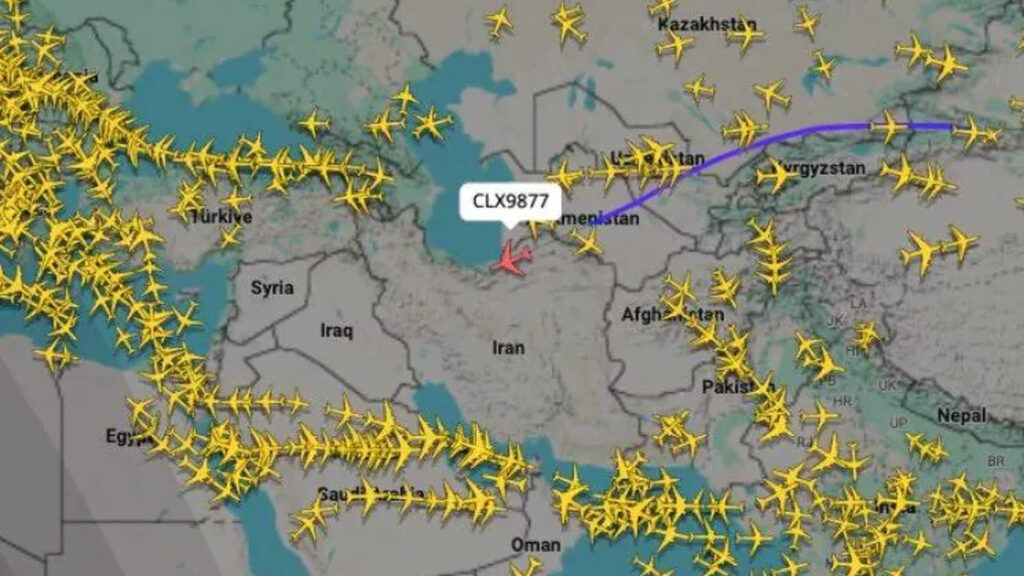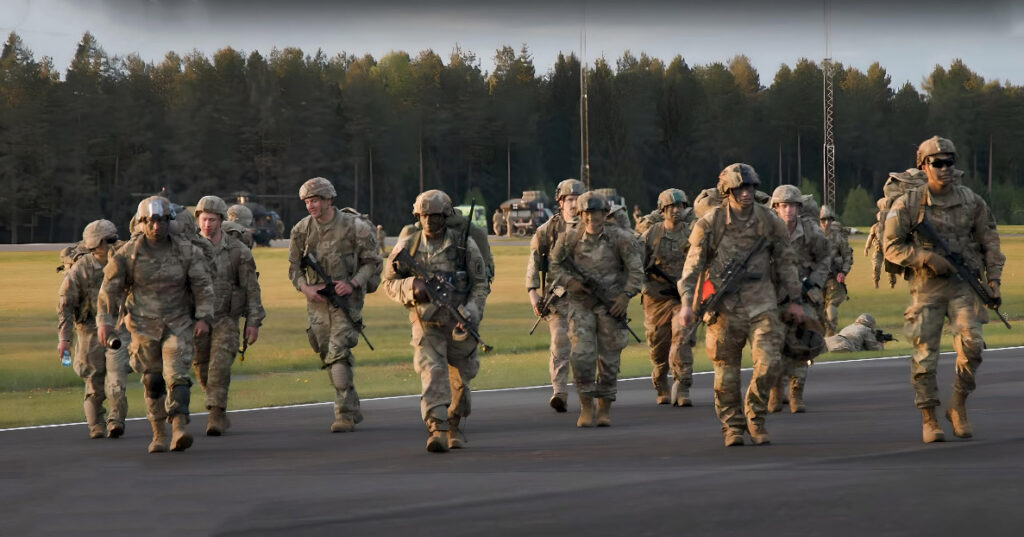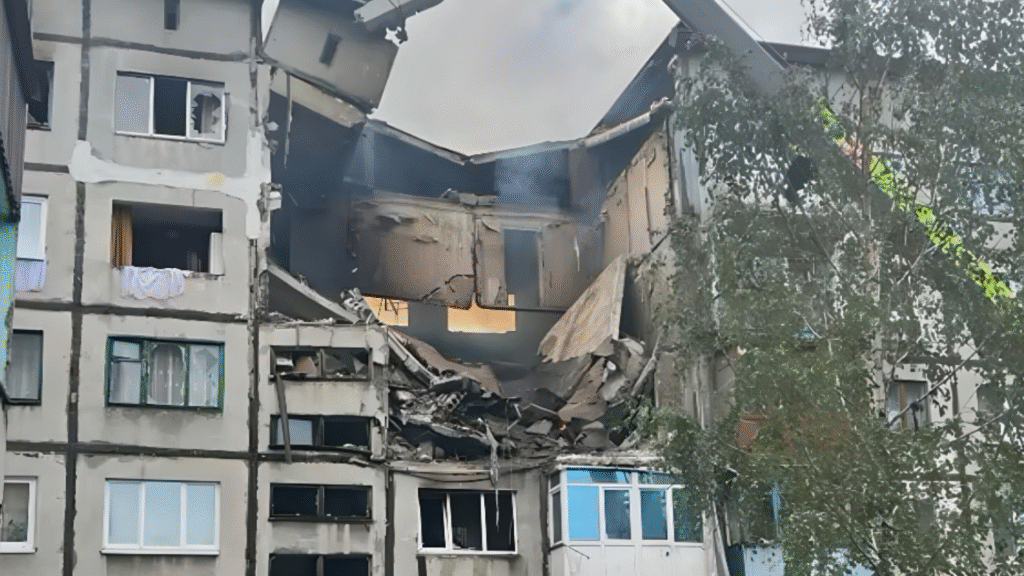Recent reports of unusual air traffic from China to Iran have sparked intrigue and speculation among global observers, as tensions in the Middle East continue to simmer. Over the past few weeks, several Chinese cargo planes have been tracked following circuitous routes through Central Asia, only to vanish from radar as they near Iranian airspace. While flight records list Luxembourg as their final destination, no concrete evidence confirms that these planes have ever reached Europe, raising questions about their true purpose.
The activity first came to light through a report by The Telegraph, which cited data from flight-tracking platforms and aviation sources. The planes, departing from China, navigate through the airspace of Kazakhstan, Uzbekistan, and Turkmenistan before disappearing from tracking systems. Experts suggest this could indicate the deliberate disabling of transponders or the use of stealth protocols to avoid detection.
“These flights are highly unusual and unlikely to be routine,” said Andrea Giselli, an international security expert. “The secrecy surrounding their routes and payloads suggests they could be carrying sensitive materials, especially given the recent escalation of tensions between Iran and Israel.”
Adding to the mystery, Chinese President Xi Jinping issued a statement amid these reports, expressing concern over the growing conflict in the region and urging all parties to pursue peaceful resolutions. He emphasized that military escalation undermines global stability and runs counter to the interests of the international community. Some analysts interpret this as an attempt by Beijing to maintain an image of neutrality while subtly expanding its influence in a geopolitically critical region.
The flights may be part of a broader Chinese strategy—one that avoids overt intervention but leverages discreet logistics and diplomacy to project power. In a region where global powers are vying for influence, every move, including secretive cargo operations, carries weight. The lack of transparency only fuels speculation about China’s intentions and its potential role in shaping the Middle East’s volatile dynamics.
What exactly these planes are carrying—and in what quantities—remains unclear. Neither Beijing nor Tehran has provided official comment on the matter. Yet, the pattern is unmistakable: logistics is no longer just about trade but has become a tool of geopolitical strategy, where every flight path could shift the balance of power.



